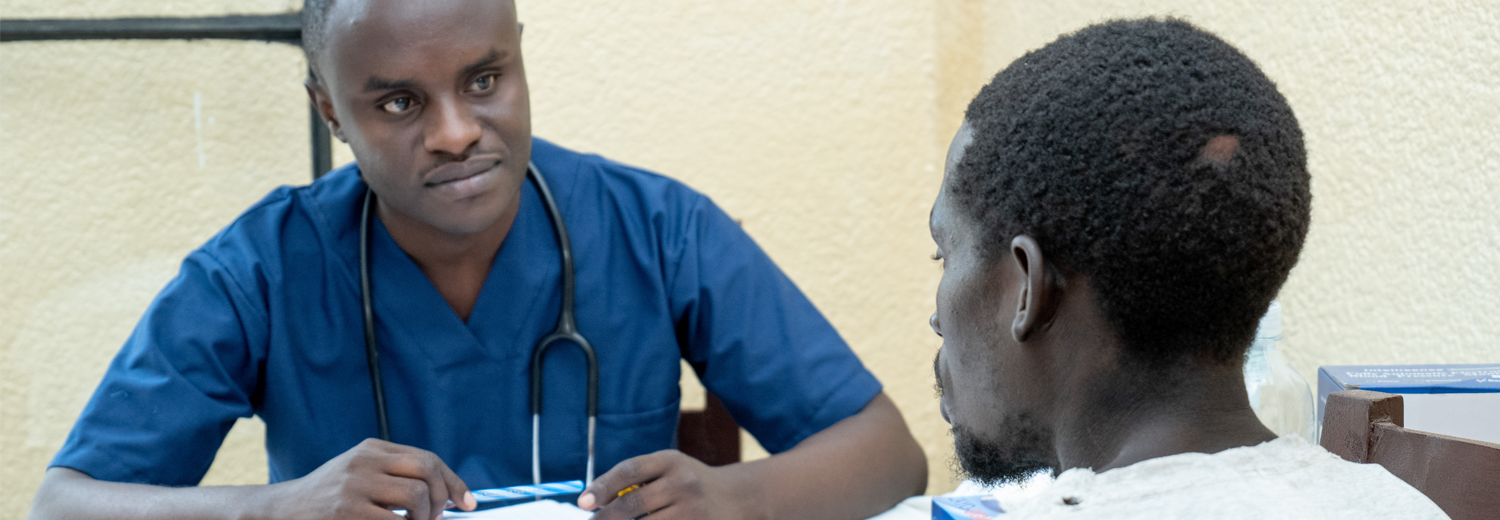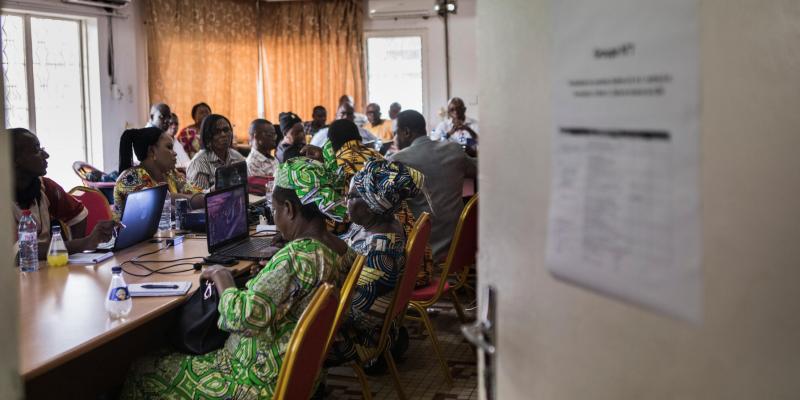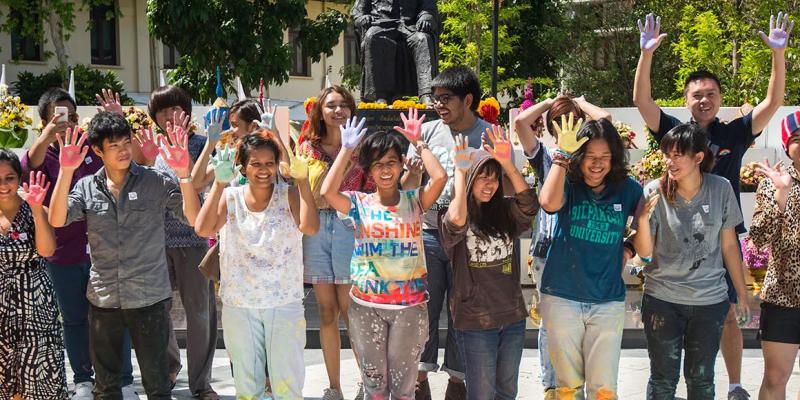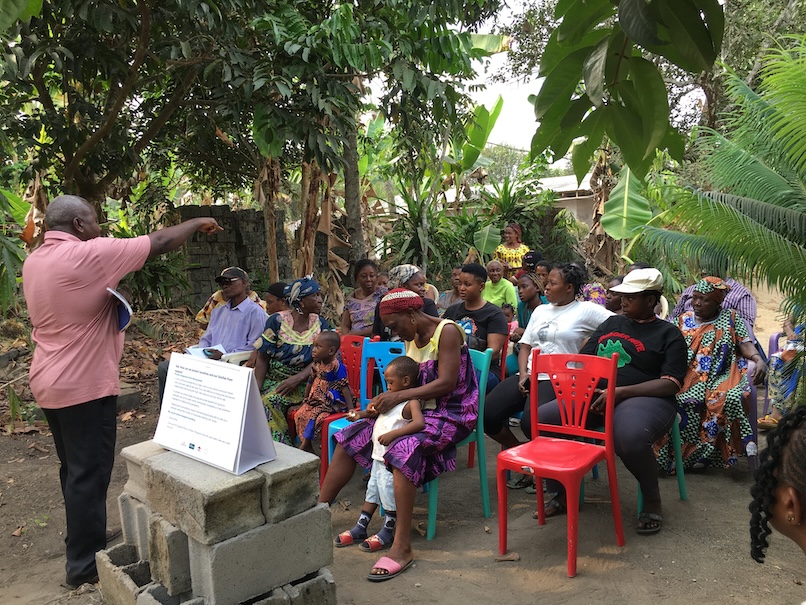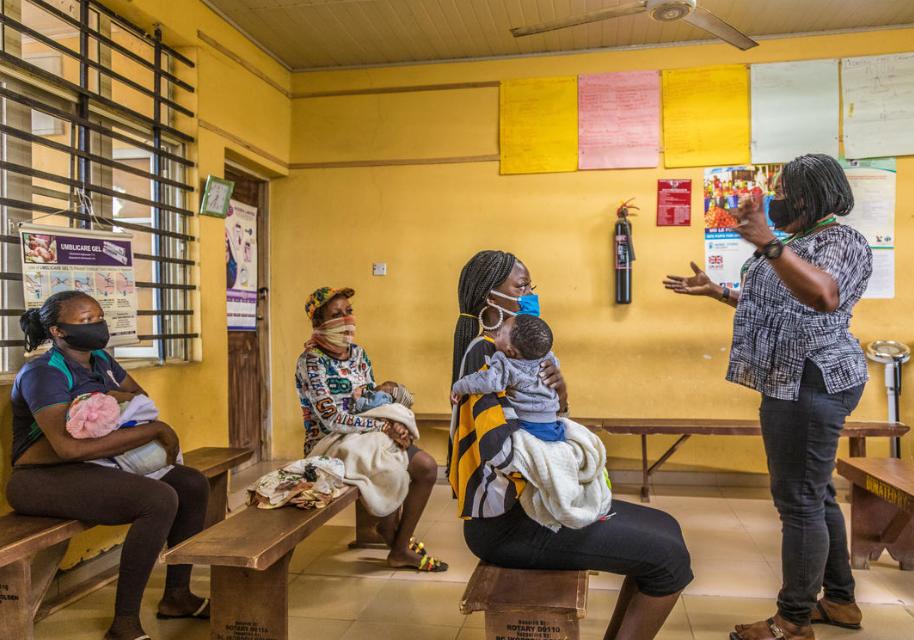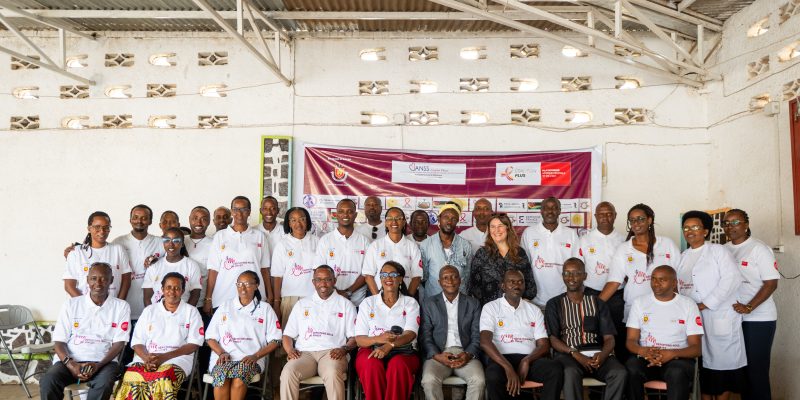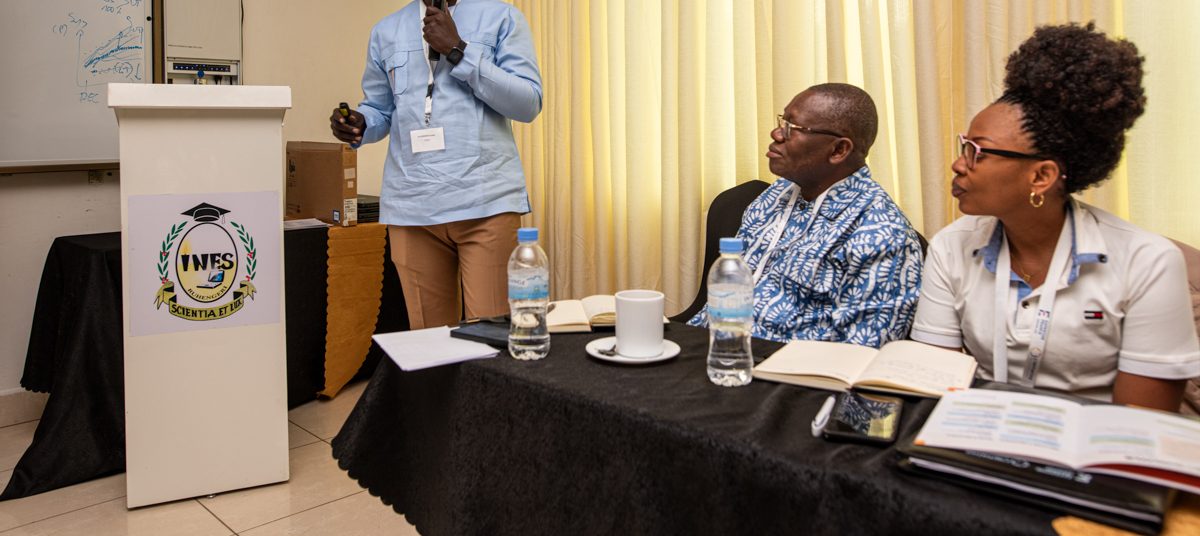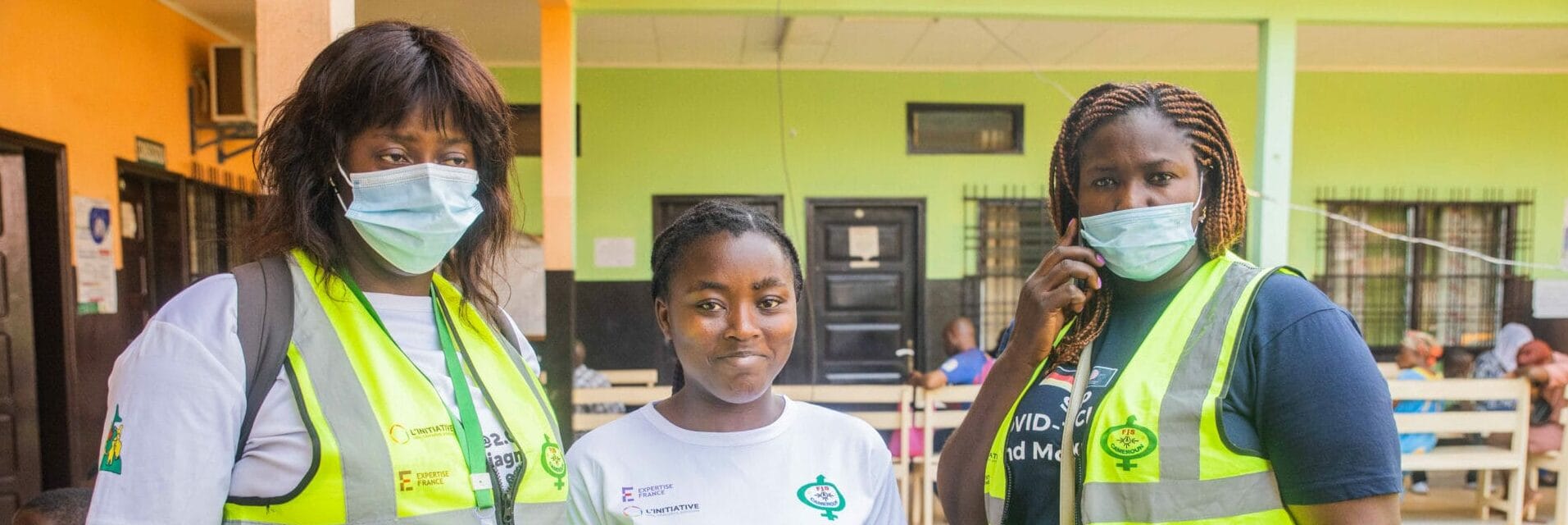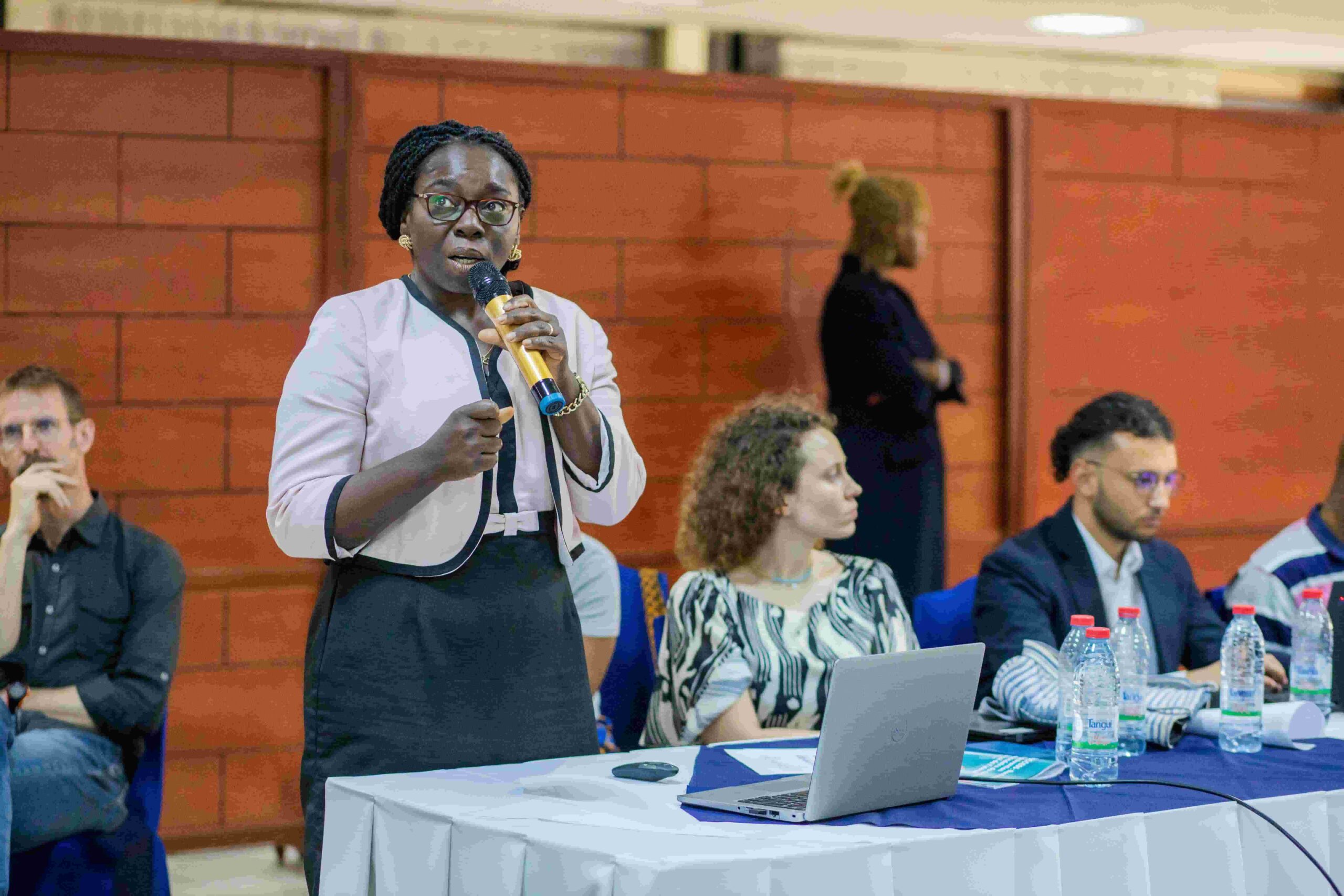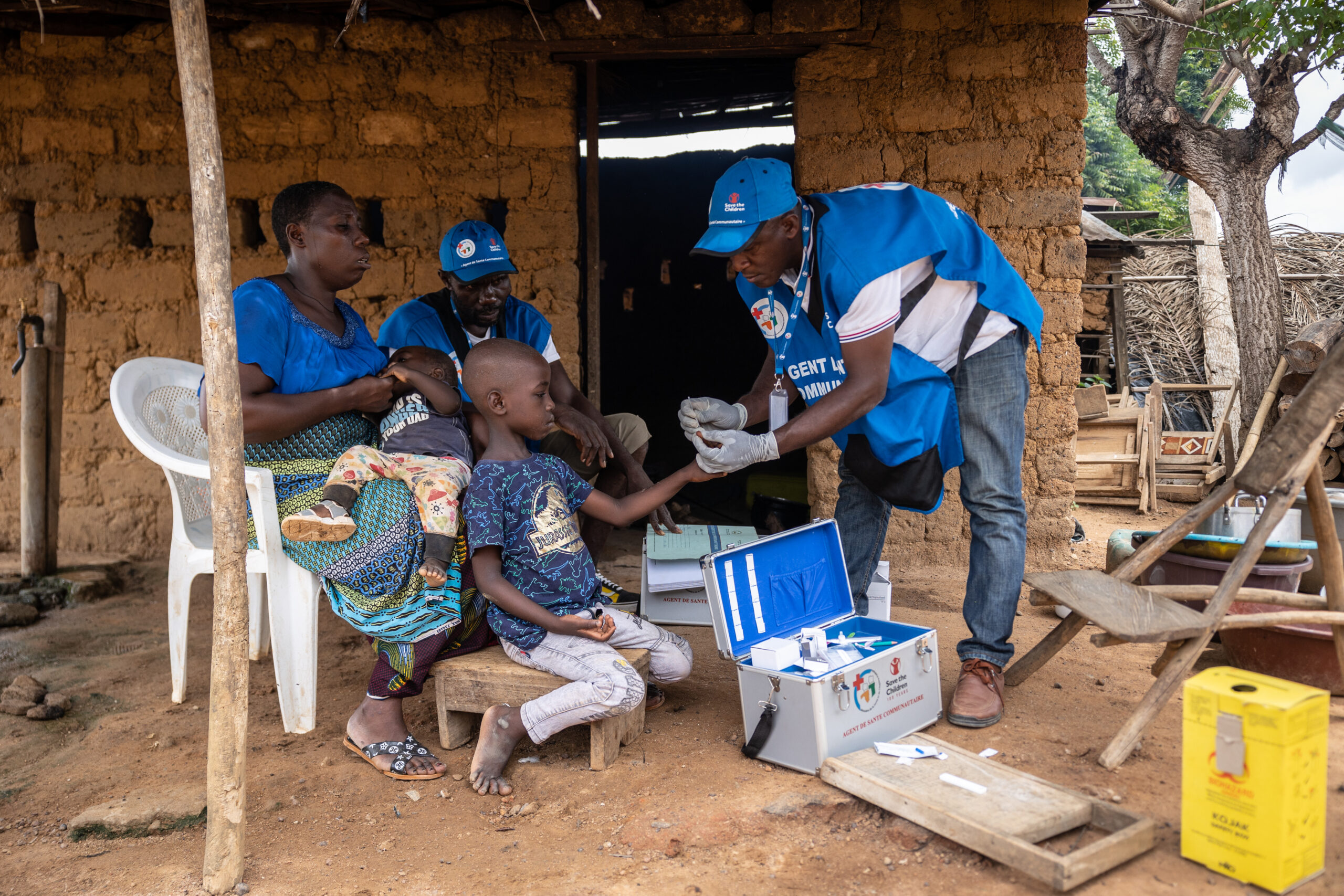Anticipating demands to better identify needs: the example of the Niger HIV/RSS grant
How did they add value to the writing process?
These studies helped to better size the response by taking stock of the reality of the HIV epidemic in Niger, by providing data on the prevalence of HIV in the general population and among key populations. They also helped to better understand the scale of the response, particularly on screening issues, through a study on demedicalized screening . Following the recommendations of the study conducted on the national differentiated HIV screening strategy and its implementation, a community screening strategy and the resulting activities were integrated into the funding request.
An audit of the active file and an assessment of the 27 large care sites , as well as a study of cases “lost to follow-up”, made it possible to analyze the gaps and needs, and then to make recommendations on the care of HIV-positive patients in the country. On this basis, an improvement plan for 25 sites will be developed later with the support of Expertise France. An amount of 500 million CFA francs (approximately 762,200 euros) has been set aside for this purpose from the sum allocated in the funding request.
The completeness and quality of these studies greatly facilitated the work of the members of the writing group responsible for contributing to the development of the modules selected as part of the funding application. In the health systems strengthening (HSS) component, a large number of activities relating to community health, the supply system and the health information system are a direct result of the studies carried out upstream. The activities that had been proposed were validated for community health (3 million euros), the health product supply system (3 million euros), the health information system and the laboratory management system (2 million euros).
Finally, some proposed activities that had not been the subject of prior studies were carried over to the “amount beyond” (PAAR) of the funding request. These include, for example, activities relating to HIV self-testing, pre-exposure prophylaxis for key populations, etc.
What are the advantages of such anticipation for you?
Anticipating allows all stakeholders to agree and to have sufficiently recent and convincing data that can allow for good programming. I would advise other countries to always
anticipate the writing of funding requests , by planning studies in advance to address the various programmatic gaps and to have up-to-date and convincing data. This will allow them to define their objectives and expected results, and to better target their performance.
Were the members of the CCM, and in particular the representatives of civil society, properly involved in the process of developing the funding request?
Civil society representatives were involved in the CCM mission teams responsible for organizing country dialogue at the level of all regions and in participating in regional workshops.
The Initiative awarded CCM Niger a grant to better involve civil society representatives in the process. It should be noted that it was following the advocacy of civil society representatives during this country dialogue that the civil society community observatory structure was selected in the “prevention” module of the funding request. They were thus involved in the request writing group and participated heavily in writing the prevention, differentiated screening and care modules .
On the other hand, with funding from L’Initiative, the key populations consultant and the national programmatic consultant organized a workshop at the headquarters of the Niger Network of People Living with HIV/AIDS (RENIP+) to present the first draft of the funding request . This workshop allowed representatives of civil society to verify whether their concerns during the country dialogue had been taken into account in the funding request.
Personally, I am truly grateful for the efforts of L’Initiative to adapt and be flexible through its prompt response to take into account the Covid-19 pandemic to facilitate the work of the experts and the continuity of interactions with the members of the writing group.
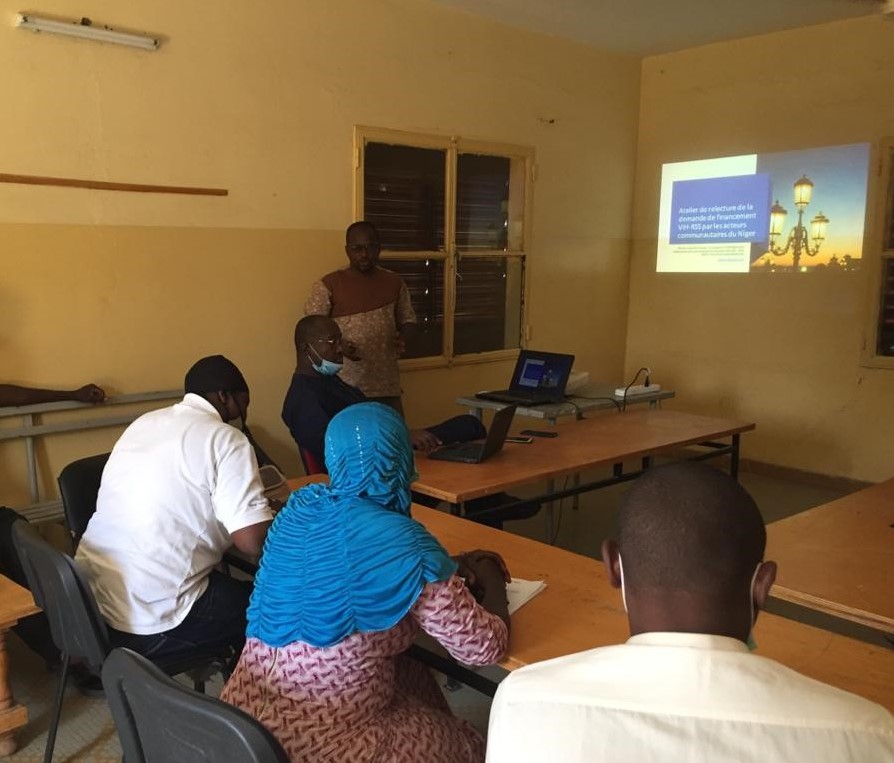
In the future, what should be in place to ensure that the CCM and its members can actively participate in deciding the content of the funding request?
The CCM Niger office must involve civil society representatives in the development of the terms of reference for the grant funding application process. Civil society needs expertise upstream to help it become more involved in the application development process. Civil society representatives at the CCM have a coordination that must be able to be associated by the CCM office and its permanent secretary to better monitor the process and to be able to mobilize the necessary expertise (internal or external) at any time to include their legitimate concerns in the funding application.
It is also necessary to plan a country dialogue to discuss and validate the first draft of the funding request by representatives of civil society in the regions .
«Too often, we see that the request is developed at the central level, while its implementation takes place at the peripheral level. If the latter does not take ownership of the planned activities and strategies, we are heading for failure in the implementation »
What next? Once the funding request has been validated by the Global Fund, what would you recommend to ensure proper implementation of the grant?
Before signing the grant, the CCM should always plan an expert mission to develop a technical assistance plan to improve the implementation of Global Fund grants.
The Initiative may also ask international and national experts responsible for supporting the country in funding requests to develop an action plan for the technical assistance necessary for the proper implementation of the grant.
